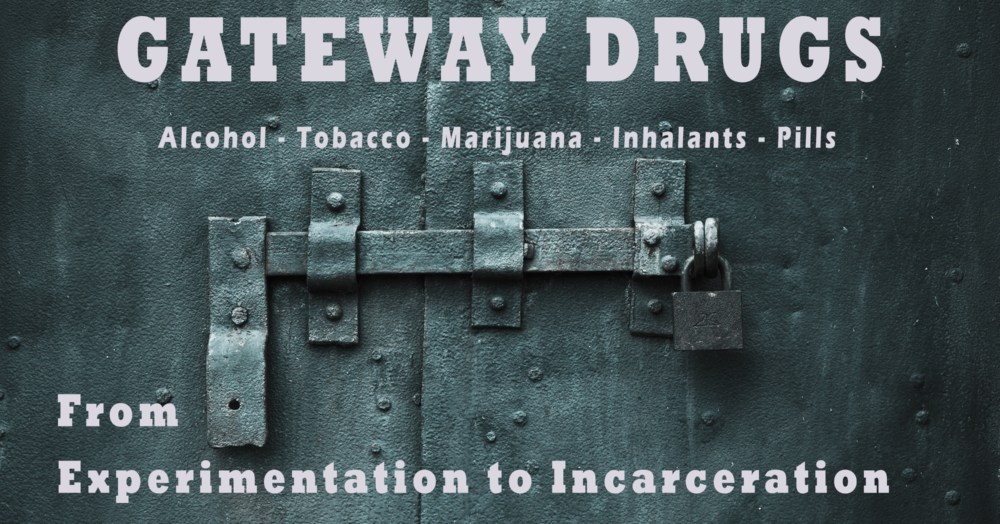Drug and alcohol abuse is a serious issue that affects millions of people worldwide. It is important to be aware of the facts surrounding these substances in order to make an informed decision about their use. What better time to provide our community with facts concerning drug and alcohol abuse than National Drug and Alcohol Facts Week, Monday, March 18, to Sunday, March 24, 2024?
One of the most alarming facts about drugs and alcohol is their impact on physical health. Substance abuse can lead to a wide range of health problems, including liver damage, heart disease, and mental health disorders. Drugs and alcohol can impair judgment, leading to risky behaviors such as driving under the influence or engaging in unsafe sexual practices. They can also have long-term effects on the brain, causing memory loss, cognitive impairment, and addiction. Furthermore, experimenting with drugs and alcohol at a young age can hinder proper brain development and increase the likelihood of developing substance abuse disorders later in life. Unfortunately, for most youth today, health problems that occur years down the road is not preventative measure that will deter youth from experimenting.
Experimenting with drugs today is vastly different from decades past. In the 1960s and 70s, drug experimentation was often seen as a rebellious act against societal norms, with substances like LSD and marijuana being popular choices. Today, however, drug experimentation is more dangerous than ever due to the rise of synthetic drugs like fentanyl and bath salts. Fentanyl and bath salts are often much more potent and unpredictable than their natural counterparts, leading to a higher risk of overdose and death, leaving families and communities devastated. Our community takes an especially hard hit because Texas is a national distribution center for illicit drugs. Drug traffickers commonly smuggle illicit drugs into and through the state. Drug traffickers generally use Interstates 10, 20, 25, 30, and 35, as well as U.S. Highways 59, 77, 83, and 281 as primary routes for transporting drugs throughout Texas from Mexico.
We must work together to prevent access to illegal drugs by children. It is crucial to educate ourselves about the dangers of drug and alcohol abuse to protect ourselves and educate our youth about the risks and consequences of drug use. Drug Free Greenville is a vital program aimed at combating substance abuse and addiction in our community by providing education, prevention, and treatment resources. This program seeks to create a safer and healthier environment for all residents of Greenville. One of the key components of the Drug Free Greenville programs is its focus on early intervention and educating young people about the dangers of drug use and providing them with alternative coping mechanisms, so we can prevent substance abuse before it starts. Additionally, the program offers support by connecting individuals to resources such as counseling, support groups, and rehabilitation services.
Ultimately, it is up to each individual to live a healthy and sober life but that decision is easier when you know the facts.
Karla Meeks
Drug Free Greenville Public Education Committee
Marketing Manager of the Mental Health Clinic of Greenville
